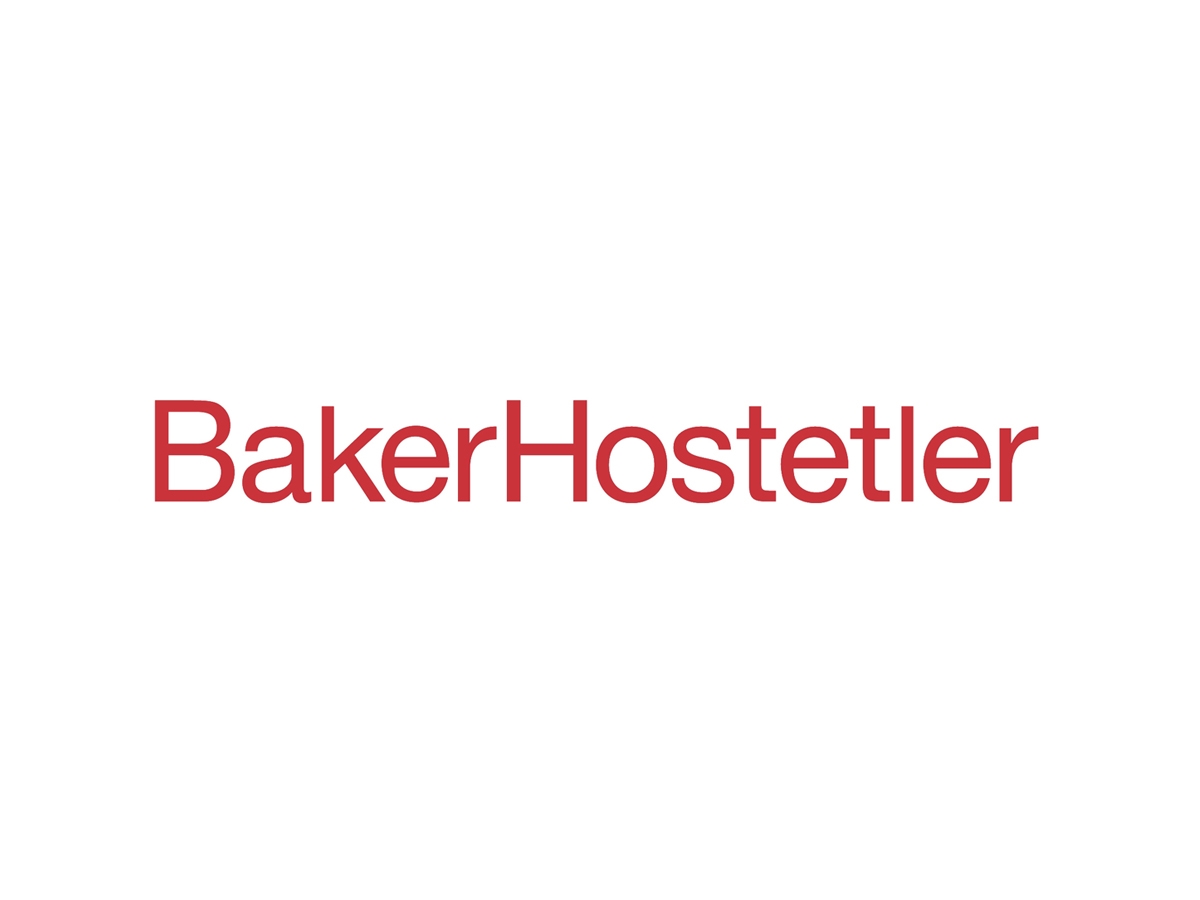The Federal Circuit Once Again Shows Its Willingness to Reject Conclusory Allegations of Inventiveness | BakerHostetler
The Federal Circuit recently affirmed a district court’s grant of Zillow Group Inc.’s (“Zillow”) motion to dismiss under Federal Rule of Civil Procedure 12(b)(6) because the two International Business Machines Corporation (“IBM”) patents-at-issue, U.S. Patent Nos. 6,778,193 and 6,785,676 (the “’193 patent” and “’676 patent,” respectively) were directed to ineligible subject matter under 35 U.S.C. § 101. Int’l Bus. Machines Corp. v. Zillow Grp., Inc., No. 2022-1861, 2024 WL 89642 (Fed. Cir. Jan. 9, 2024). Specifically, the claims were found invalid under the Supreme Court’s two-step framework for evaluating patent eligibility as set out in Alice Corp. v. CLS Bank International, 573 U.S. 208 (2014) and Mayo Collaborative Services v. Prometheus Laboratories, Inc., 566 U.S. 66 (2012).
As a refresher, at step one, the Federal Circuit “determine[s] whether a patent claim is directed to an unpatentable law of nature, natural phenomena, or abstract idea.” Zillow, 2024 WL 89642, at *3; see also Alice, 573 U.S. at 218. At step two, the Court “determine[s] whether the claims do significantly more than simply describe [the] abstract method” and thus transform the abstract idea into patentable subject matter. Zillow, 2024 WL 89642, at *3.
Regarding the ’193 patent, the Federal Circuit found that the claims “do nothing more than improve a user’s experience while using a computer application and are precisely the types of claims that we have held are abstract at step one.” Id. at *4. The claims “do not disclose any technical improvement to how computer applications are used.” Id.
At step two, the Court found that IBM’s allegations of inventiveness “do[] not . . . concern the computer’s or graphical user interface’s capability or functionality, [but] relate[] merely to the user’s experience and satisfaction with the search process and results.” Id. Importantly, “the allegations of inventiveness are not tied to the claims or the specification” and “do not cite the patent at all.” Id. Therefore, “[s]imply including allegations of inventiveness in a complaint, detached from what is claimed or discussed in the patent, does not ensure that the complaint will survive the pleading stage.”
The Court found the ’676 patent failed both Alice steps for similar reasons.
This decision is but one more example that courts “need not accept a patent owner’s conclusory allegations of inventiveness.” Id. Owners of software innovation patents must take care to plead factual inventive aspects that are reflected in the claims or specification of the patents themselves in order to survive a Rule 12 motion.
[View source.]






